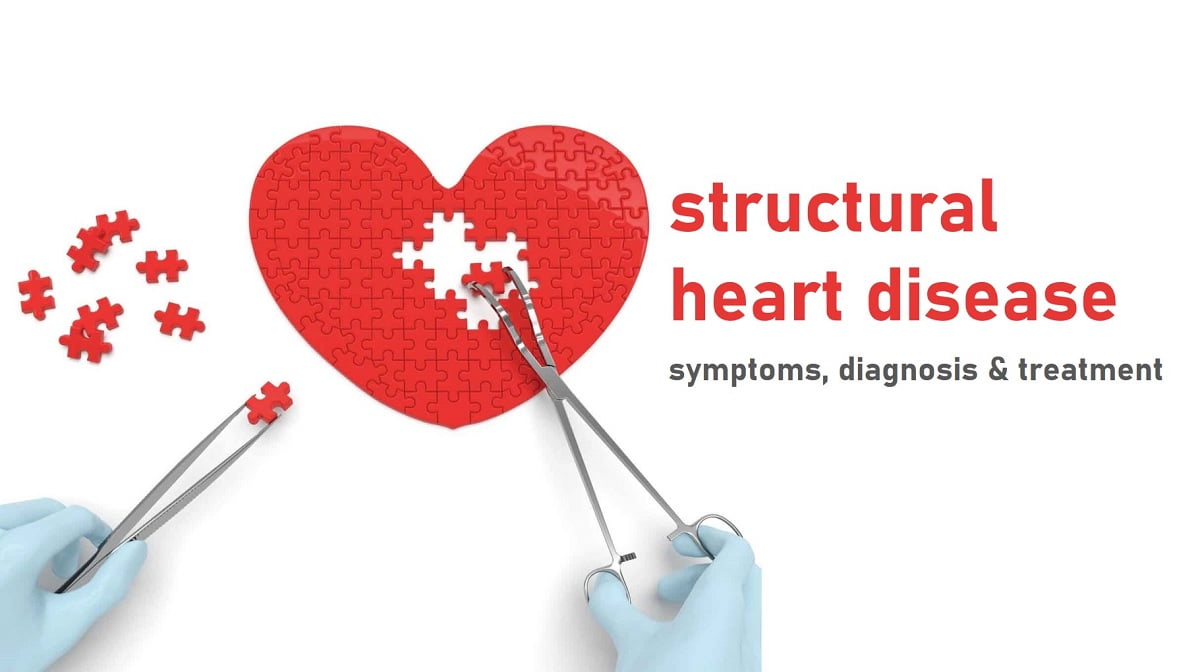Does Vaping Cause Kidney Stones? | Unveiling the Hidden Truth 2025

Vaping has become increasingly popular in recent years as an alternative to smoking cigarettes. However, the long-term health effects of vaping remain unclear. One concern is the potential link between vaping and kidney stones. This article will examine the current research on vaping and kidney stones, discussing the possible mechanisms behind this association. We will also provide tips on reducing your risk of developing kidney stones as a vaper.
What are Kidney Stones?
Kidney stones are hard deposits of minerals and salts that form in the kidneys. They develop when there is an imbalance in the concentration of minerals, usually calcium, oxalate, and phosphorus, in the urine. Small stones may pass naturally through urination. Larger stones can get lodged in the urinary tract, blocking the flow of urine and causing extreme pain.
Some of the most common symptoms of kidney stones include:
- Severe pain in the side and back, below the ribs
- Pain that spreads to the lower abdomen and groin
- Pain while urinating
- Cloudy or foul-smelling urine
- Nausea and vomiting
- Frequent need to urinate
- Feeling like you need to urinate but cannot
- Blood in the urine
If the stones move through the urinary tract, they can cause more severe complications like urinary tract infections and kidney damage from blockage. Recurrent kidney stones may lead to chronic kidney disease over time.
What Causes Kidney Stones?
Several factors can increase your risk of developing kidney stones:
- Dehydration– Not drinking enough water each day allows minerals to concentrate in the kidneys and form stones.
- Diet– Eating a lot of sodium, protein, and foods high in oxalate can promote stone formation.
- Obesity– Being overweight increases uric acid levels in urine.
- Digestive disorders– Conditions like Crohn’s disease and ulcerative colitis cause mineral imbalances.
- Medications– Drugs like Lasix (furosemide) and zonisamide can create the right environment for stones.
- Genetics– Having a family history of stones makes you more prone to developing them.
- Existing conditions– Gout, diabetes, and hyperparathyroidism increase stone risk.
- Age and gender– Stones are most common between the ages of 20 to 50. Men are affected more than women.
Is There a Link Between Vaping and Kidney Stones?
Several recent studies have suggested a potential association between vapes and increased risk of kidney stone formation. However, the research is still new and limited. More studies are needed to conclusively prove vaping is a definitive cause of kidney stones.
Here is what we know so far:
Preliminary Studies Found Higher Stone Prevalence in Vapers
In 2016, researchers surveyed vapers and non-vapers about their history of kidney stones. Of the vapers surveyed:
- 60% reported having kidney stones at some point
- 48% had their first stone after starting vaping
Among non-vapers surveyed, only 10% had a history of kidney stones.
Another 2019 study of over 500,000 Americans found kidney stone prevalence was:
- 6% in non-smokers
- 6% of cigarette smokers
- 8% of e-cigarette users
Both studies show vapers have significantly higher rates of kidney stones compared to non-vapers. However, these studies relied on self-reported data, which can be inaccurate.
Potential Causes and Risk Factors Identified
Researchers have identified possible reasons why vaping may promote kidney stone formation:
- Dehydration– Vaping can cause mild dehydration due to vapor-suppressing thirst signals. Chronic dehydration from vaping leads to stone-forming mineral buildup.
- Nicotine– Nicotine directly increases calcium levels in urine. It may also reduce citrate, a natural stone inhibitor.
- PG/VG– These key vaping liquids reduce urine citrate levels and increase stone risk.
- Acrolein– This toxin, found in vapo, may damage urinary tract tissues, allowing crystal formation.
- High-power vaping– Using high-voltage devices significantly raises urine calcium and oxalate levels from overheating e-liquids.
However, larger trials are needed to confirm that vaping directly causes these urinary changes linked to higher kidney stone prevalence in vapers.
Potential Risks and Complications
If vaping does indeed increase your chances of developing kidney stones, it can lead to several potentially serious complications:
- Severe pain– Passing kidney stones causes excruciating pain in the back, side, groin, and abdomen. The pain can come in waves and fluctuate in intensity.
- Urinary tract infections– Stones can block urine flow, leading to frequent UTIs that may damage the kidneys.
- Permanent kidney damage– Large stones stuck in the urinary tract put pressure on the kidneys. This can permanently reduce kidney function over time.
- Dehydration– Increased fluid loss from vaping makes it harder to stay hydrated. Dehydration worsens stone symptoms and raises the risk of complications.
- Nausea, vomiting, and fever– Obstructing kidney stones can cause severe nausea, vomiting, chills, and fever.
- Recurring stones– Once you have a stone, you are at greater risk of developing more later on. Recurring stones increase the chances of long-term kidney problems.
If you develop severe pain, inability to urinate, fever, or vomiting from a possible kidney stone, seek urgent medical care. Quick treatment can help relieve obstruction and prevent complications.
Who May Be at Highest Risk?
Not all vapers will develop kidney stones. You may be at greater risk if you:
- Have a family history of kidney stones
- Already have reduced kidney function
- Have an underlying condition like hyperparathyroidism or gout
- Are dehydrated or drink very little water
- Eat a diet high in sodium, protein, and oxalates
- Are obese
- Use high-power vaping devices frequently
Men under 50 who meet some of these criteria should be especially cautious, as they are among the most prone to kidney stones even without vaping.
Tips to Lower Your Risk of Kidney Stones as a Vaper
If you want to enjoy vaping but avoid potential kidney complications, here are some ways to reduce your risk:
- Drink plenty of fluids– Stay well hydrated by drinking water, herbal teas, broths, and diluted juices often throughout the day.
- Choose lower-power devices– Use lower voltage vaporizers and avoid high-power sub-ohm devices that get extremely hot.
- Vape intermittently– Take breaks between vaping sessions to prevent overheating and reduce fluid loss.
- Get plenty of citrate– Eat citrus fruits and juices to raise citrate levels that prevent stones.
- Reduce oxalates– Limit foods high in oxalates like spinach, nuts, chocolate, and soy.
- Eat less salt– Limit sodium to 1500-2000 mg daily to reduce calcium excretion.
- Moderate animal protein– Stick to sensible protein servings to prevent uric acid buildup.
- Maintain a healthy weight– Being overweight strains the kidneys and raises stone risk.
- Get preventative screenings– Have your physician monitor kidney function with urine and blood tests.
When To See A Doctor
Consult your doctor promptly if you experience:
- Intense abdominal, side, or groin pain
- Painful urination
- Fever, chill, and vomiting
- Blood in the urine
- Difficulty passing urine
Seek emergency care if you have:
- Unbearable pain that won’t subside
- Inability to urinate for hours
- High fever with nausea/vomiting
- Signs of a kidney infection as foul-smelling urine
Early evaluation and treatment can help resolve a kidney stone before serious complications develop. Your doctor can also assess any risk factors you may have and provide guidance on preventative measures.
For recurrent stones, you may need medications or surgery to remove them and prevent more from forming.
The Bottom Line
We still need more research to determine conclusively if vaping raises kidney stone risk. Howe, several small studies show an association between the two. Potential mechanisms like dehydration, toxic vapor components, and nicotine’s effects on urine chemistry may explain this link.
Vapers concerned about kidney stones should work closely with their healthcare provider. Protective measures like staying hydrated, limiting high-power vaping, and eating a low salt, low oxalate diet can help reduce your chances of developing this painful condition. But if pain or urinary symptoms arise, seek prompt medical assistance.
With careful precautions, you can balance the enjoyment of vaping with the need to protect your kidney health. Further research in the coming years will uncover more about vaping safety and how to avoid complications like kidney stones.
Frequently Asked Questions
Can vaping definitively cause kidney stones?
While some preliminary studies show higher rates of kidney stones in vapers, more research is still needed to conclusively prove that vaping causes kidney stones. Potential mechanisms have been proposed, but larger clinical trials are needed.
How quickly could vaping induce kidney stones?
Most research finds that vapers tend to have their first kidney stone diagnosis within two years of starting vaping. However, stones likely begin forming before symptoms appear.
What ingredients in vaping lead to kidney stones?
The main suspects are nicotine, propylene glycol, and vegetable glycerin. These may reduce citrate levels, raise calcium, and damage urinary tract tissues. Overheated e-liquids also release higher amounts of stone-forming minerals.
Can you vape if you’ve had kidney stones before?
You can still vape with a history of kidney stones, but you should take extra precautions like drinking more fluids, monitoring urine pH, and limiting high-power vaping. Check with your doctor about your risk.
Does nicotine-free vaping also increase kidney stone risk?
Most evidence implicates nicotine specifically as one culprit for increased kidney stone risk in vapers. Nicotine-free vaping may pose less risk, but more studies are still needed.
How can I prevent kidney stones if I vape?
Stay very well hydrated, moderate your vaping habits, opt for lower voltage devices, eat a diet low in salt and oxalates, and monitor your urine pH and kidney function with your doctor. Preventing dehydration is key.
What should I do if I feel kidney stone symptoms while vaping?
If you experience severe back pain, painful urination, nausea, or inability to pass urine while vaping, stop use and seek immediate medical attention. Catching kidney stones early can prevent serious complications.
Does vaping increase the risk of other kidney problems besides stones?
More research is still needed, but some ingredients in vaping liquids may potentially contribute to kidney injury over time through chronic inflammation. However, kidney stones appear to be the most clearly associated risk.
Can you vape after having kidney stone removal surgery?
It’s best to refrain from vaping for at least 2 weeks after surgery to allow your urinary tract to properly heal. Always check with your urologist about resuming use after any procedure. Monitor for symptoms and stay hydrated when you do start vaping again.
Are kidney stones the only urological issue linked to vaping?
Smaller studies also suggest potential links between vaping and reduced sperm count/motility in men, along with vaginal dryness in women. More studies have confirmed vaping’s ties to kidney stones specifically so far.
Conclusion
While vaping has risks, kidney stones may not be as clearly associated as preliminary studies suggested, according to newer analyses. Either way, all vapers should take precautions like hydration and monitoring fluid intake. Seeking urgent care for urinary pain is key to minimizing complications. Those with pre-existing kidney issues should be especially cautious about vaping. More research on vaping safety factors will continue in the coming years for both kidney stone prevention and overall wellness.



